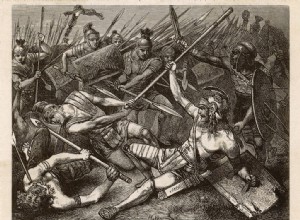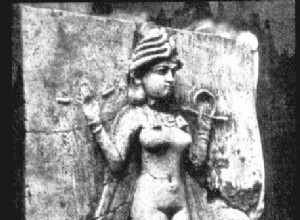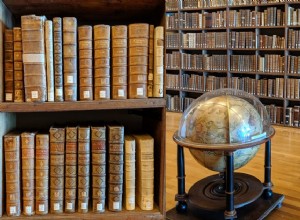I think the most masterpiece of the movie set in ancient Rome is Spartacus directed by Stanley Kubrick and starring Kirk Douglas. It is a masterpiece that is definitely in the top 100 in the history of world cinema even without the word Rome, and of course there are famous actors such as Laurence




